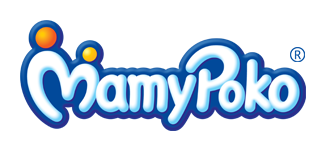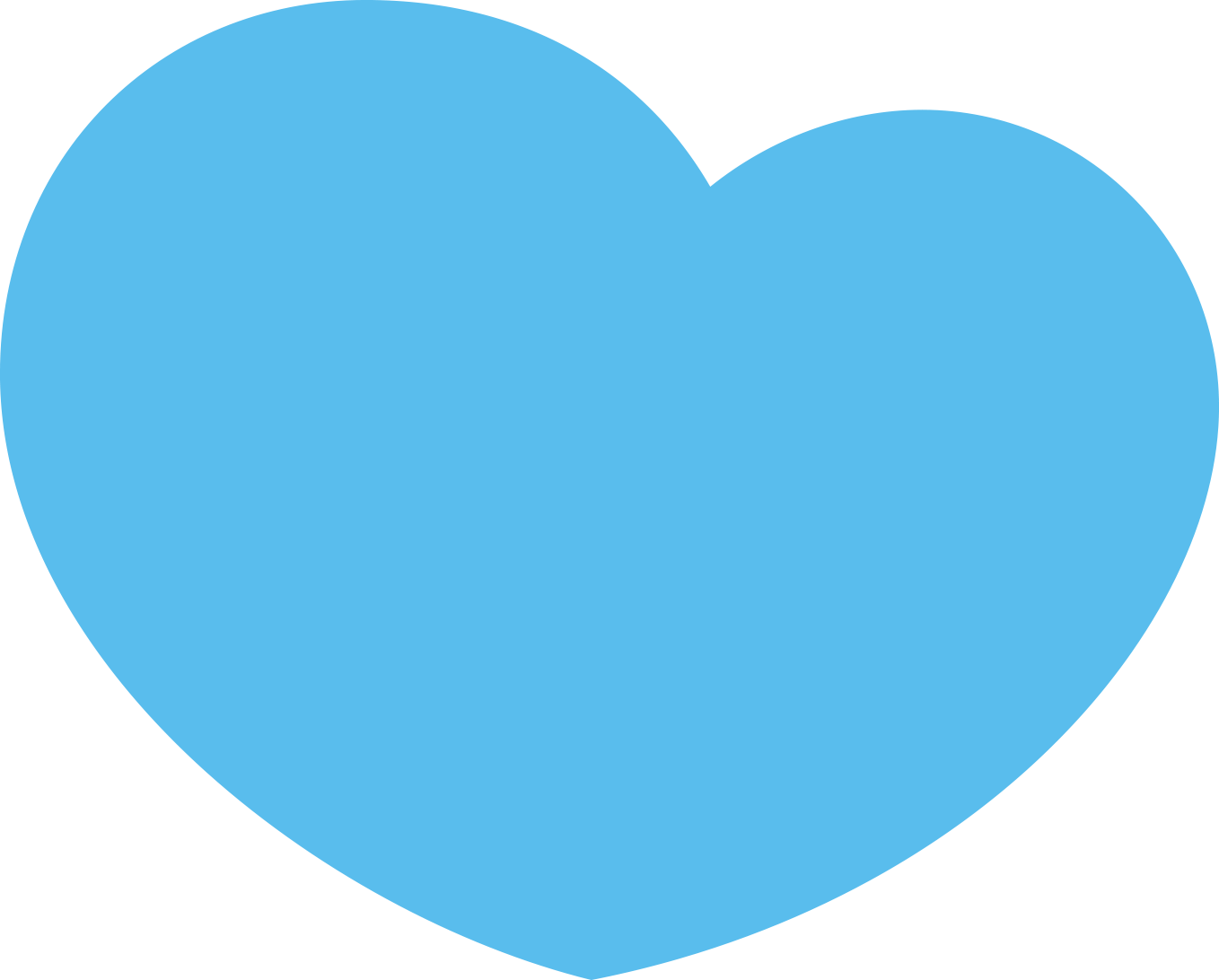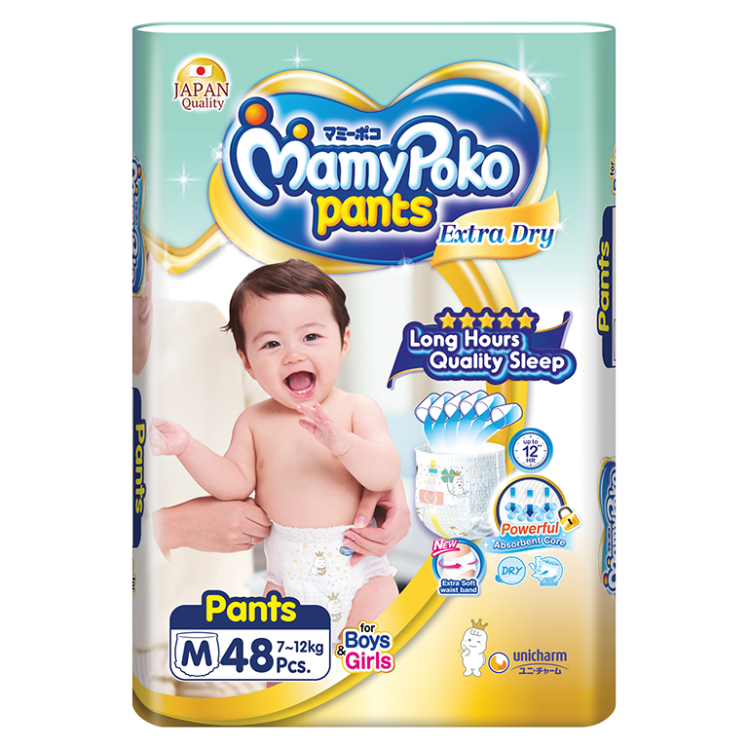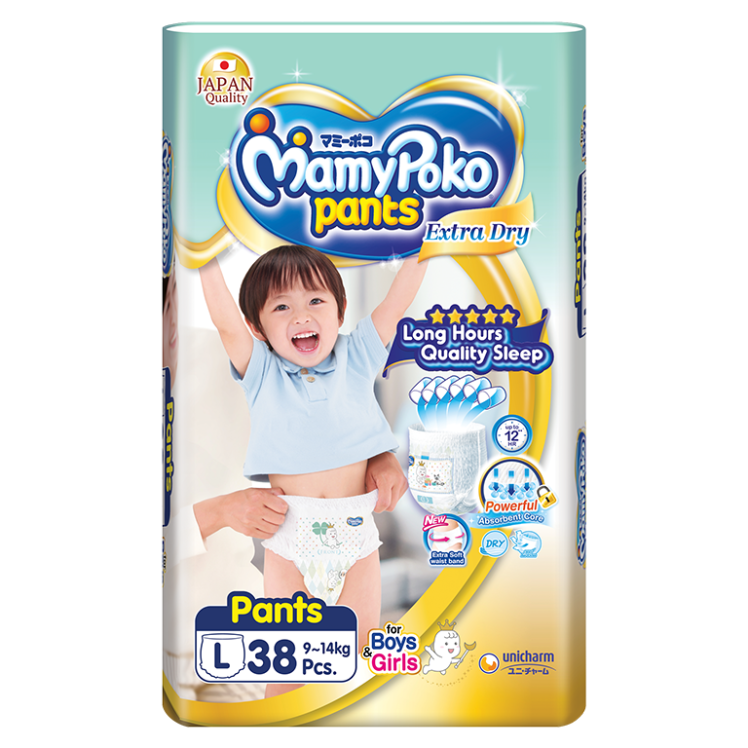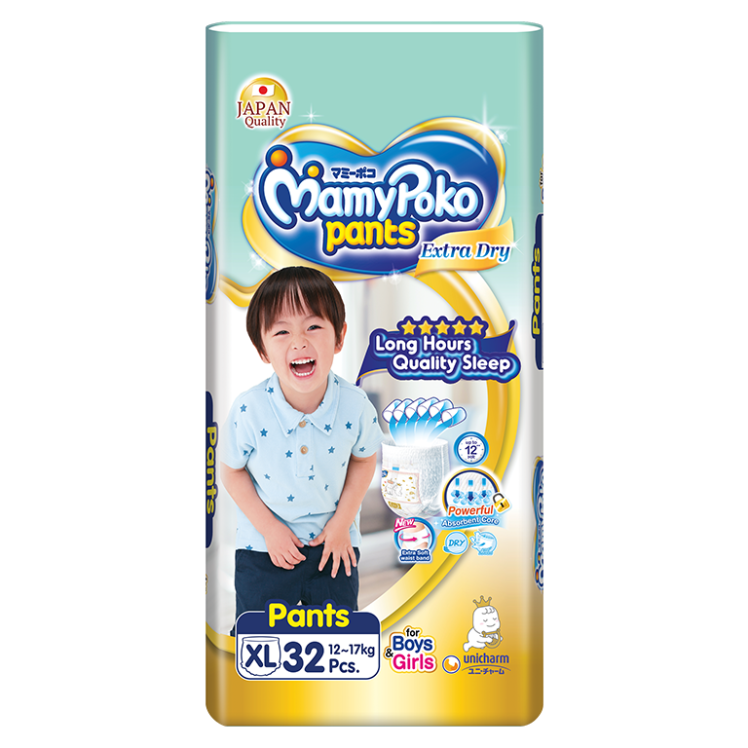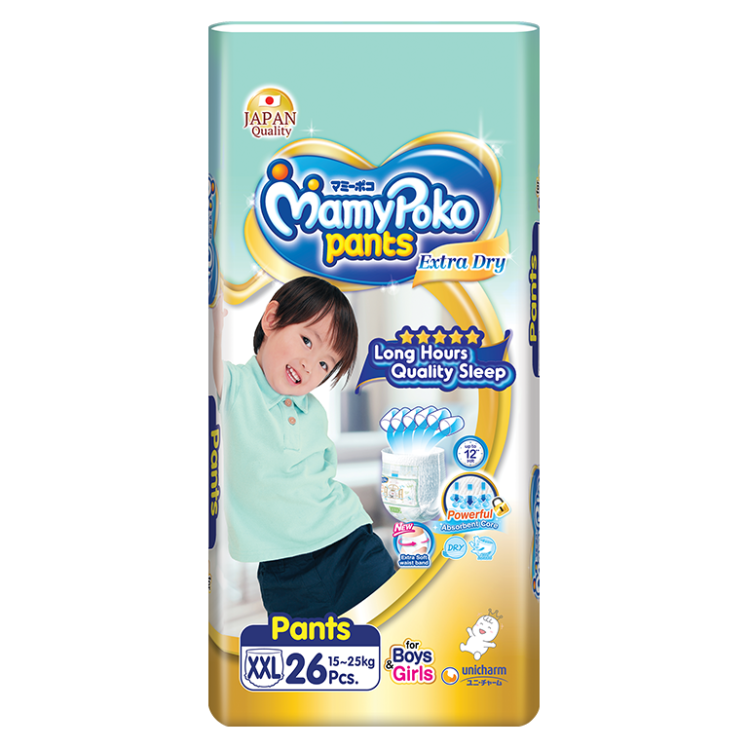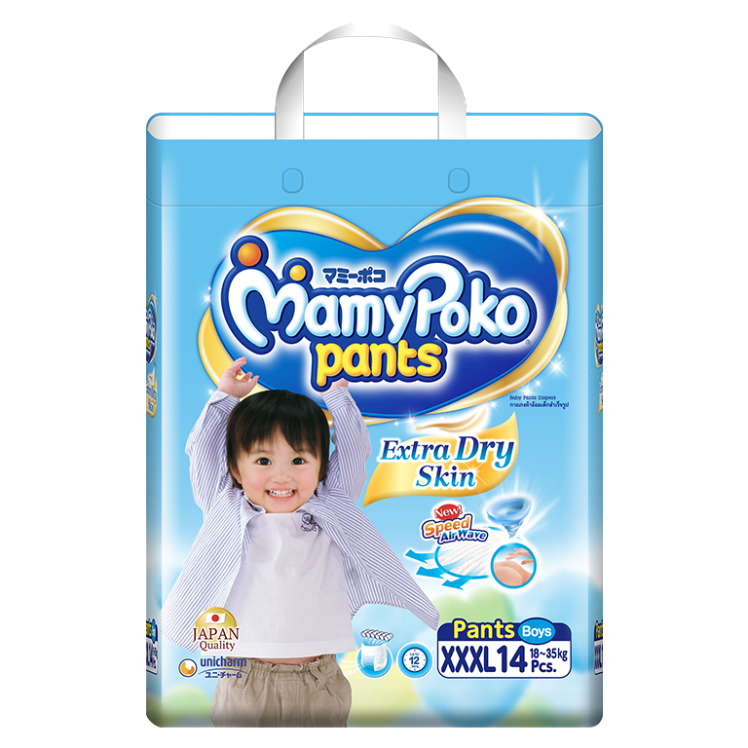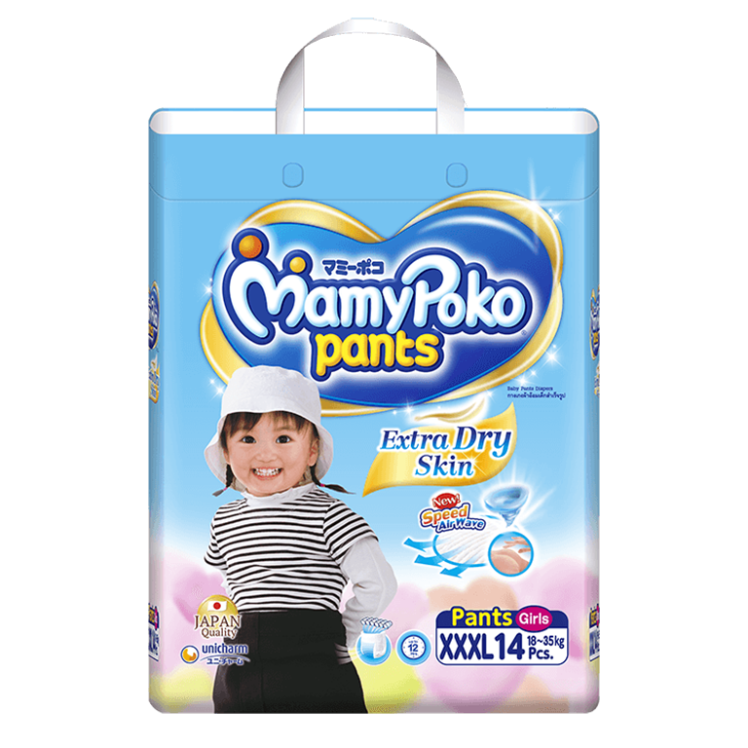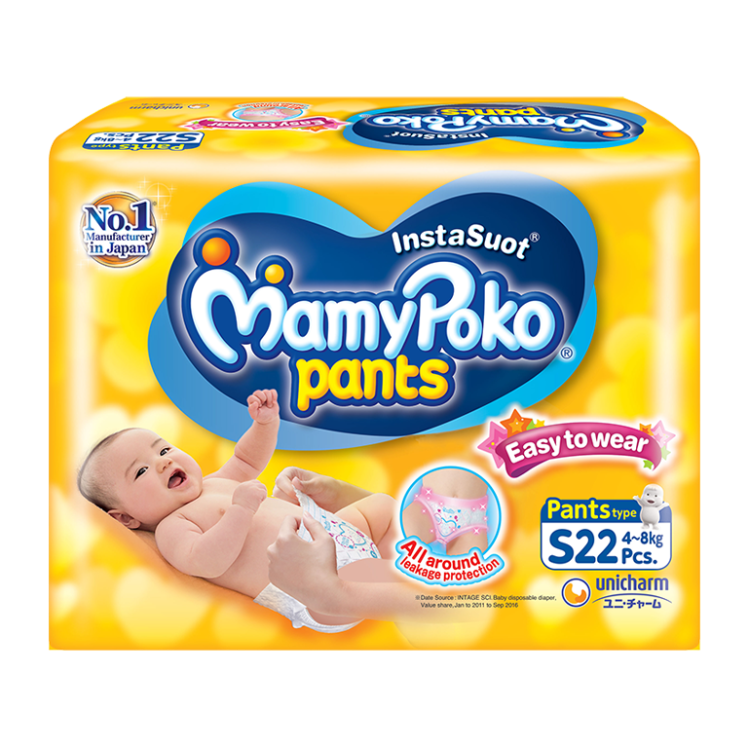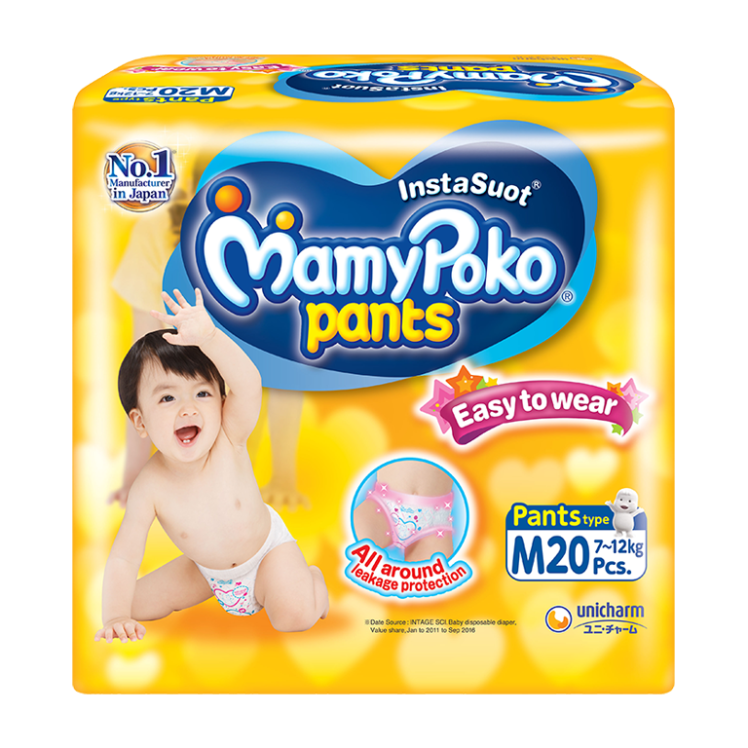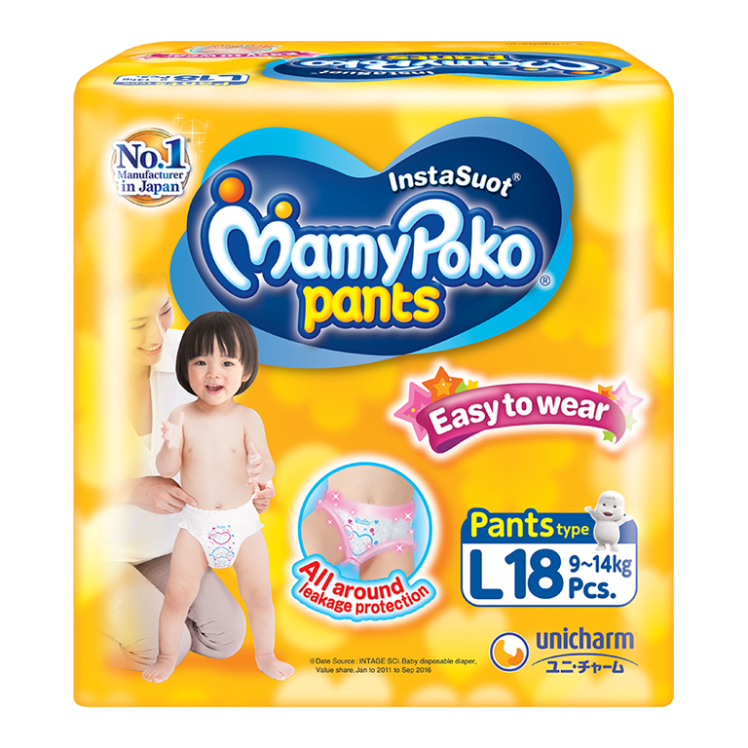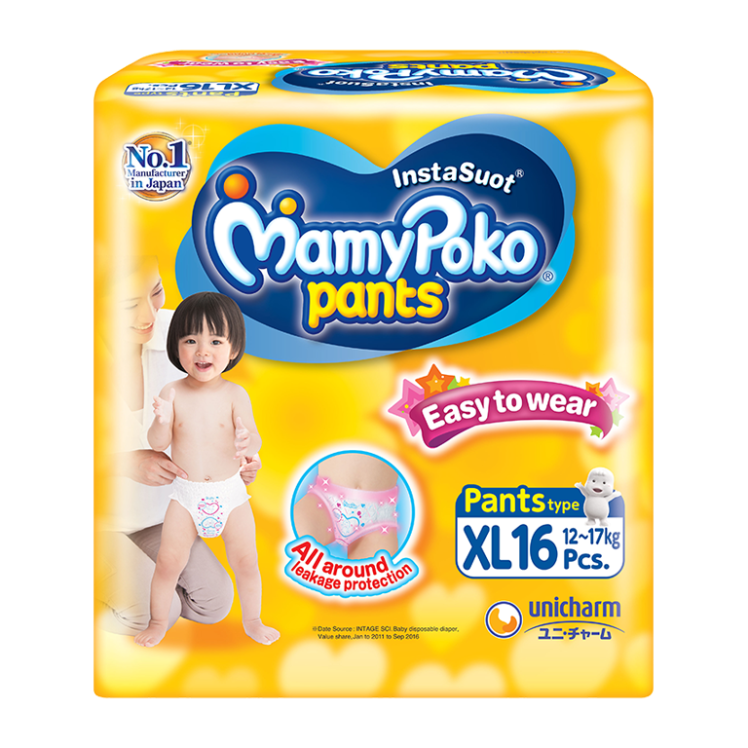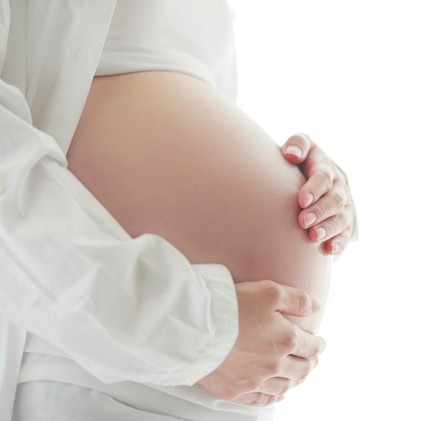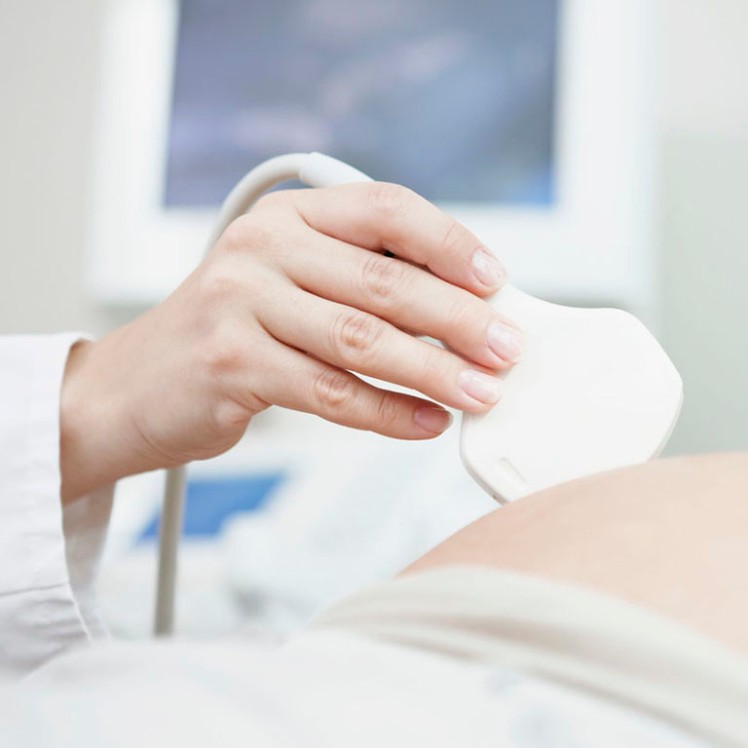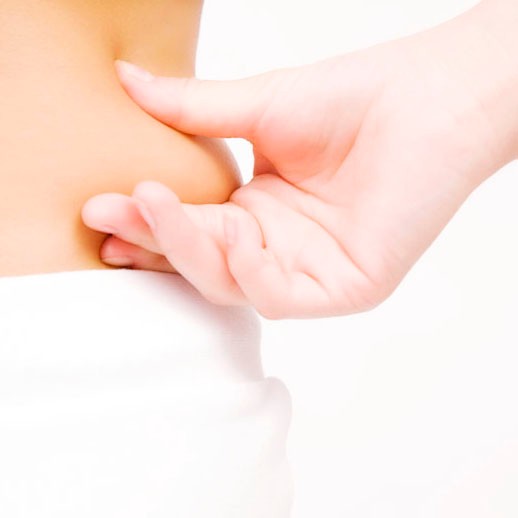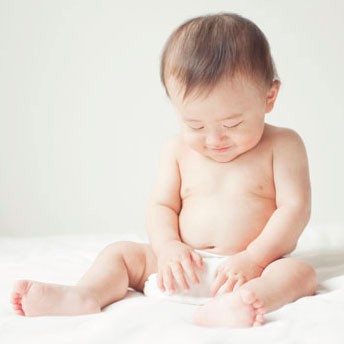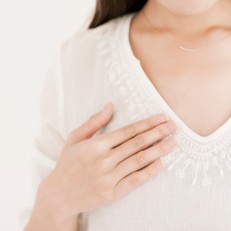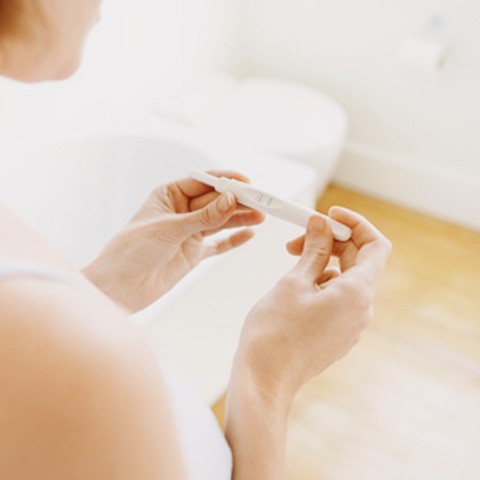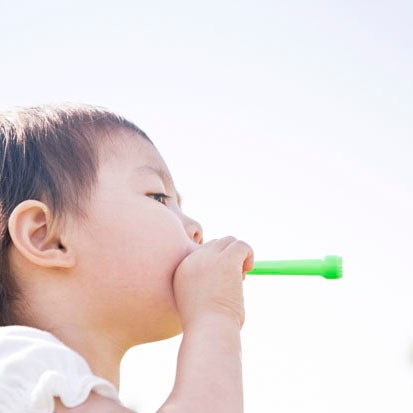Newborn Stage
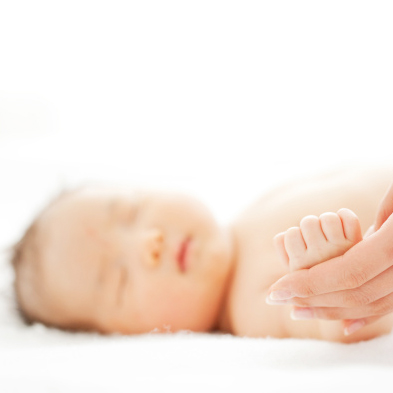
Baby's newborn skin is very delicate which if remains wet due to urine and bowel movements is prone to rashes.
So what can you do to protect your baby from this? Choose diapers that absorbs quickly and change baby's diaper frequently but be sure to be gentle when changing diapers.
Development Average birth weight of a Filipino newborn is 2.8 to 3 kg (6 to 6.6 lbs)
Body overall
Newborn's torso and limbs are still slender and they look very much different from the image of a round, plump baby.
Head
Baby's head is a bit out of shape and can often be a little pointy. There is a soft spot on the baby's skull known as fontanelles which will close by age 1 or 2. As baby aged, the head will gradually take on a more normal shape.
Neck
Slender and wobbly. Unable to support the head.
Arms
Newborn's tend to assume a posture similar to what their position in the uterus had been. Arms are tightly closed and held close to their bodies.
Legs
Knees are flexed and legs are open toward the outside. Hip joints are unsteady, the letter "M" position is the natural shape.
Belly button
The umbilical cord stump will peel off a week after birth. It requires much care due to its delicate state.
Body
Newborn's normal body temparature ranges from 37 to 38 degrees celsius. It is appropriate to adjust the room temperature, clothing and beddings to be able to regulate the body temperature.
Skin
Compared to an adult's skin, baby's skin is more thinner, fragile and delicate. Baby's metabolism is more active in the newborn stage, thus, baby perspires a lot. There are also a lot of skin secretions. As a result, oil glands around the head and eyebrows may get clogged that may cause a yellow eczema breakout. Heat rash may appear around the face or nape where there are a lot of sweat glands. Baby may scratch himself with his own fingernails that may cause bacterial infection. Also, watch-out for stopped-up nose as this will make it difficult for baby to nurse or drink formula.
So when it comes in choosing what touches baby's skin...choose product that are soft and gentle in texture.
Breastfeeding, formula
Breast milk is still the best for baby. In cases that it is not possible to nurse the baby, there are infant formula that is a nutritious alternative to breast milk. Newborn baby makes no distinction between day and night, thus, he will wake up every 2-3 hours and cry for milk. It is important that he'll be feed to satisfy his need. After each feeding, make sure to burp the baby.
Bath
To wash away sweat and sebum, it is important to give baby a bath once a day. Also, it a lovely way to strengthen the mother's attachment and bond to her newborn baby. Being immersed in warm water even for just a few minutes will warm up baby's body temperature to make him feel good. It also improves blood circulation and a good form of exercise.
Clothing changes
Just by drinking milk and crying, baby can get drenched in sweat. It is important that his undergarments be change many times through out the day. Be sure to stock up on lots of undergarments. In this stage, his neck and back are unsteady, in order to be able to change his clothes with the baby lying down, use undergarments that are kimono-style. And to avoid irritation to baby's sensitive skin, newborn baby clothes must be kept simple.
A baby's day
A day in the life of a newborn baby is a recurring cycle of nursing, sleeping, waking up, nursing and sleeping again. The average sleep of a new born baby is 20 hours per day. His sleep is light and he does not distinguish between day and night. Every 2-3 hours he will get hungry and wake up...he will cry and want milk. Through all these physical contacts with his mother, a close bond is develop between mother and baby.
update : 19.09.2017
Our favorites feature uses your browser's cookies. To use this feature, please enable cookies. If you are using Safari on your iPhone or iPad, please turn off the Private Browsing Mode. If you clear the cookie, you also clear the Favorite that you chose.

